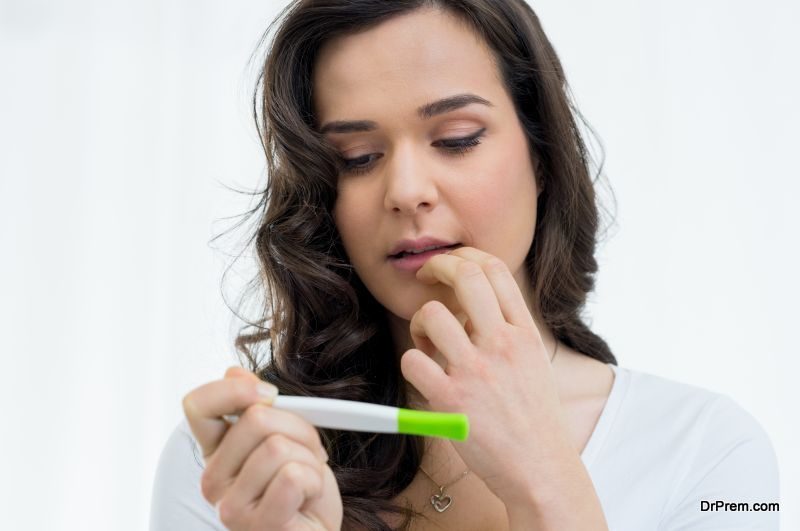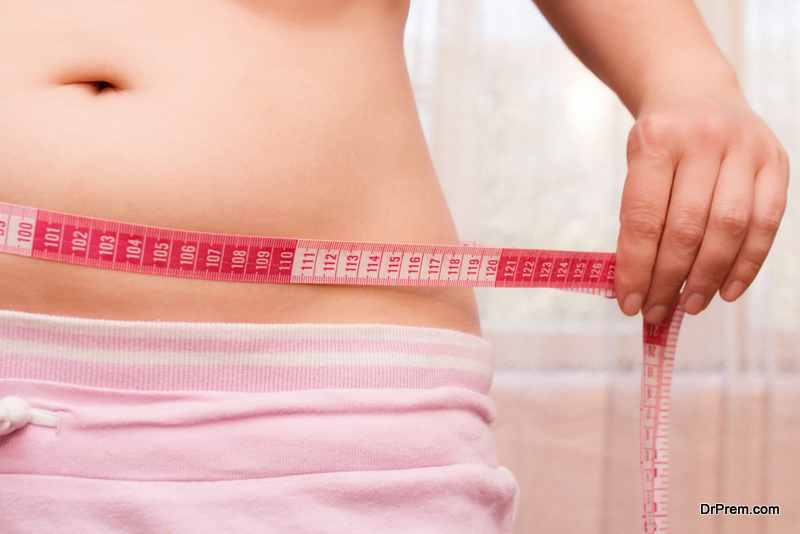The desire to lose weight is a US trend that isn’t going anywhere. In 2017, the weight loss market was worth a reported $68.2 billion and predicted to grow another 3.2% to reach a worth of $70 billion in 2018. Weight loss is the number one New Year’s resolution made by most people. With the desire to slim down running ramped across the country, it’s no surprise that there are hundreds of diets promising just that. While some are more effective than others, none have shown quite the same results as the HCG diet. When it comes to fast results, nothing tops this new weight loss craze. But what exactly is the HCG diet and how does it work? Keep reading to unlock the secrets to weight loss success.
What is HCG?
 HCG stands for the hormone human chorionic gonadotropin and is most well-known as the hormone that signals early pregnancy in women. It’s also used to treat different fertility issues in both men and women. Interestingly enough, high levels of HCG may indicate the presence of certain type of cancer. But what does all this have to do with weight loss? Besides signaling early pregnancy, HCG is reported to speed up your metabolism, resulting in the loss of large amounts of fat. But the biggest appeal is its ability to suppress your appetite. It’s these two factors combined that make HCG weight loss gold.
HCG stands for the hormone human chorionic gonadotropin and is most well-known as the hormone that signals early pregnancy in women. It’s also used to treat different fertility issues in both men and women. Interestingly enough, high levels of HCG may indicate the presence of certain type of cancer. But what does all this have to do with weight loss? Besides signaling early pregnancy, HCG is reported to speed up your metabolism, resulting in the loss of large amounts of fat. But the biggest appeal is its ability to suppress your appetite. It’s these two factors combined that make HCG weight loss gold.
How Does the Diet Work?
So now that you know a little bit more about the HCG hormone, let’s discuss how the diet works. First off, HCG is administered using injections. This is done at home. The injections are also paired with a low-caloric diet — as low as 500 calories per day. But due to the appetite suppressant found in HCG, this isn’t an issue for most dieters. There’s some debate over whether the restricted diet or the HCG hormone itself is responsible for the drastic weight loss users experience. So drastic that some report losing 1-2 pounds per day! You and your doctor can choose the right HCG mixing solvent for your needs. Check out this page for more information.
Three Phases of the HCG Diet
Anyone preparing for the HCG diet should understand its three phases. Here’s a brief overview of what to expect.
Phase One – Loading Phase
 This is most people’s favorite phase of the diet. Before you begin the diet (which can last from 26 to 40 days), users eat high-fat, high-caloric food for 2 days. This is your time to cram in all the cheeseburgers, pizza, and ice cream you want! You also begin taking the HCG hormone during this phase.
This is most people’s favorite phase of the diet. Before you begin the diet (which can last from 26 to 40 days), users eat high-fat, high-caloric food for 2 days. This is your time to cram in all the cheeseburgers, pizza, and ice cream you want! You also begin taking the HCG hormone during this phase.
Phase Two – Weight Loss Phase
This is the longest, and most difficult phase for most people. Now, you adopt a 500 calorie per day diet. Phase two can last anywhere from 3 to 6 weeks depending on your individual goals.
Phase Three – Maintenance Phase
 After you’ve completed the calorie restricted phase of the diet, you will stop taking the HCG hormone and being the maintenance phase. Here, you’ll gradually increase your food intake. Most diets require you to restrict sugar and starches for the first 3 weeks of this phase. Your body has just finished a long stretch of limited calories and essentially no carbs, sugars, or additives. If you introduce these foods too drastically into your diet, it can cause gastrointestinal discomfort and complications. Your body needs to ease back into “normal” eating again.
After you’ve completed the calorie restricted phase of the diet, you will stop taking the HCG hormone and being the maintenance phase. Here, you’ll gradually increase your food intake. Most diets require you to restrict sugar and starches for the first 3 weeks of this phase. Your body has just finished a long stretch of limited calories and essentially no carbs, sugars, or additives. If you introduce these foods too drastically into your diet, it can cause gastrointestinal discomfort and complications. Your body needs to ease back into “normal” eating again.
But even after you’ve completed the HCG diet, it’s recommended that you maintain a healthy, well-balanced, low-calorie diet to maintain your weight loss.
What Can I Eat?
For most people, the first question they have regarding the HCG diet is “What can I eat?” Because you’re only allowed 500 calories per day during phase two, every meal counts! Most plans allow for two meals per day, usually lunch and dinner. Meals consist of one portion of a lean protein, a vegetable, a single piece of bread, and one serving size of fruit. Your dietician will provide you with a full list of approved foods and amounts, but here are a few examples:
- 200 grams of protein (lean chicken, white fish, shrimp, crab, lobster, grass-fed beef)
- 1 cup of vegetables (leafy greens, celery, asparagus, onions, broccoli, tomatoes, cucumbers)
- 1 piece of 1 cup of fruit (apples, strawberries, oranges, grapefruit)
- Carbs usually consist of Melba toast or rounds and specific types and brands of bread
HCG diet followers are also encouraged to drink plenty of water throughout the entire process. Coffee and tea are allowed but without any added sugar or milk.
Things to Consider Before Starting the HCG Diet
 Like any other weight loss plan, the HCG diet may not work for you. Success occurs on an individualized basis. Here are a few questions to ask yourself before adopting this meal plan.
Like any other weight loss plan, the HCG diet may not work for you. Success occurs on an individualized basis. Here are a few questions to ask yourself before adopting this meal plan.
Can I Follow It?
This is the main question to ask yourself. Do you have the willpower to restrict your calories to 500 per day? The good news is, the inclusion of HCG hormone is said to suppress your appetite so much that you won’t even notice the lack of calories. For most people, knowing the timeline of the diet plan also helps give them the willpower to stick to it. Some diets last as few as 26 days. That’s less than 4 weeks! Even if you opt for the more intensive option, 40 days is a small price to pay for the weight loss you’ve been chasing for years.
Am I in Good Health?
 If you have any preexisting health conditions that might interfere with the HCG diet, you may need to speak with a medical professional before starting. A low-calorie diet can sometimes cause headaches and other side-effects. If you already suffer from things like low blood pressure, migraines, or malnutrition, you should consult with your doctor. But for most, healthy individuals looking to lose those pesky 20 or 30 pounds, the HCG diet will get them there!
If you have any preexisting health conditions that might interfere with the HCG diet, you may need to speak with a medical professional before starting. A low-calorie diet can sometimes cause headaches and other side-effects. If you already suffer from things like low blood pressure, migraines, or malnutrition, you should consult with your doctor. But for most, healthy individuals looking to lose those pesky 20 or 30 pounds, the HCG diet will get them there!
Whether you’re looking for a kickstart to your new weight loss plan or have recently reached a plateau, the HCG diet might be the weight loss fix you’re seeking. Consider your options beforehand and try to plan this diet around your lifestyle and schedule. For example, starting the diet right before an upcoming vacation might sabotage your success. Whatever you decide, remember to stay strong, stay dedicated, and you’ll be amazed at the results.
Article Submitted By Community Writer




